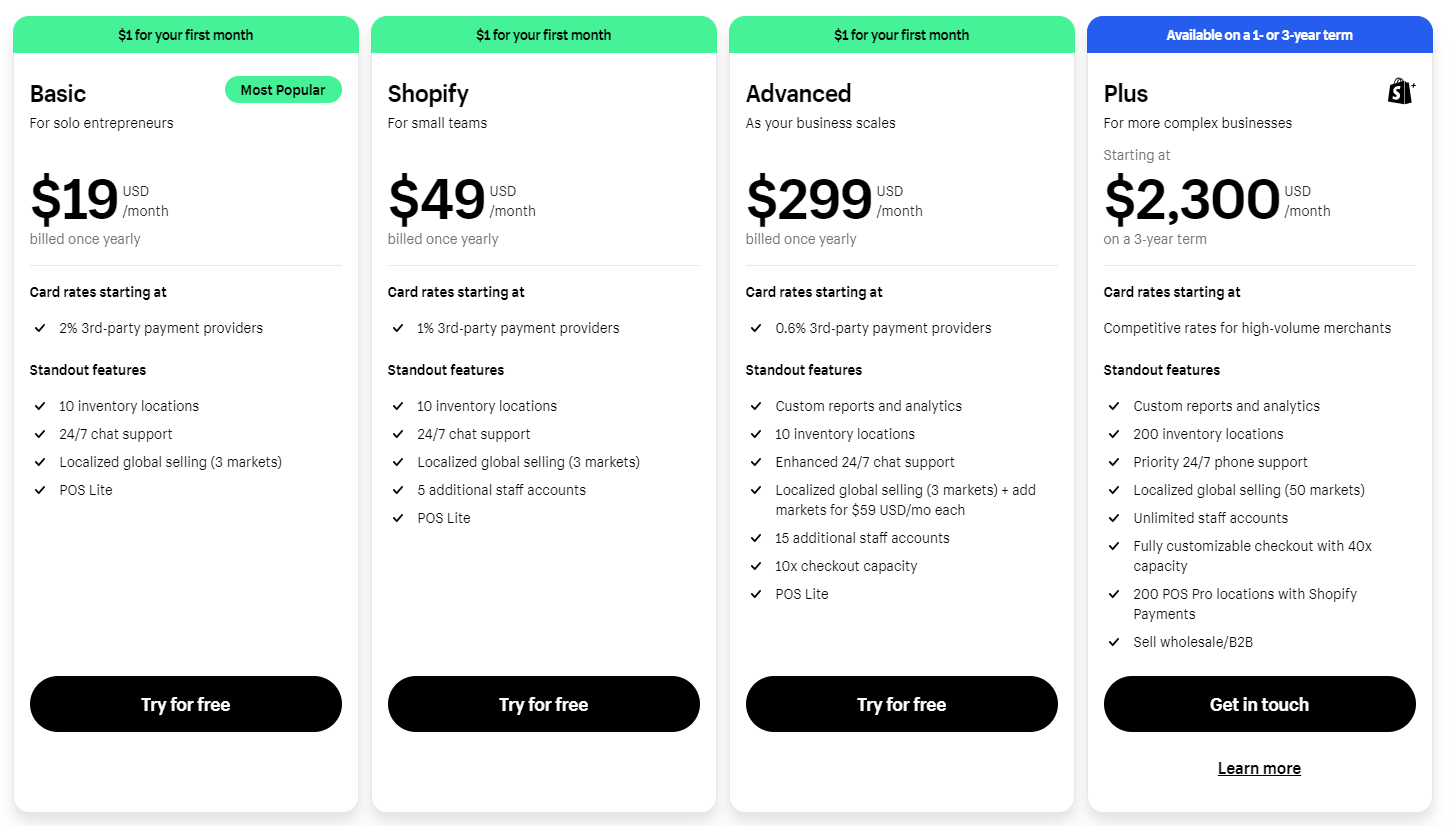
The U.S. tax code is notoriously complex, with myriad forms, schedules, and deductions to navigate. For small business owners, one of the critical elements to understand is the Qualified Business Income (QBI) deduction, which can significantly impact your tax liability. Form 8995 is a key document related to this deduction, and in this comprehensive guide, we will delve into what Form 8995 is, who can use it, the types of income it encompasses, how to calculate the QBI deduction using this form, related forms and schedules, tax preparation services available, and the benefits of claiming QBI deductions. We’ll also address some frequently asked questions to provide clarity on this crucial tax-saving opportunity.
What is Form 8995?
Form 8995 is a tax form used to calculate the Qualified Business Income (QBI) deduction, which was introduced as part of the Tax Cuts and Jobs Act (TCJA) in 2017. This deduction allows eligible small business owners, including sole proprietors, partnerships, S corporations, and some trusts and estates, to deduct a portion of their qualified business income when calculating their taxable income. Form 8995 is designed to help individuals determine the QBI deduction they can claim and report it accurately on their tax return.
Who can Use Form 8995?

Form 8995 is designed for use by individuals, trusts, and estates that have qualified business income from a pass-through entity or sole proprietorship. Pass-through entities include:
- Sole Proprietorships: Businesses owned and operated by a single individual without the need for a separate legal structure.
- Partnerships: Businesses with multiple owners, known as partners, who share profits and losses.
- S Corporations: Corporations that elect to pass their income, deductions, and credits through to their shareholders.
It’s important to note that C corporations do not qualify for the QBI deduction. Additionally, while some trusts and estates may be eligible, others are not, so it’s important to consult with a tax professional or refer to IRS guidance to determine eligibility.
What Types of Income are Considered Qualified Business Income (QBI)?
Qualified Business Income (QBI) is the core element for the QBI deduction. It encompasses the net income generated from your eligible trade or business, including:
- Profits from your business operations
- Rental income, if generated from a trade or business
- Dividends from real estate investment trusts (REITs)
- Qualified cooperative dividends
- Certain publicly traded partnership income
Understanding whether your income qualifies as QBI is a crucial step in determining your eligibility for the QBI deduction.
What is the Purpose of the QBI Deduction?
The purpose of the QBI deduction is to provide tax relief for small business owners by reducing their taxable income. By allowing eligible individuals to deduct a portion of their QBI, the tax burden is reduced, and it can help level the playing field between different types of business entities. The deduction aims to promote economic growth and support small businesses by allowing them to keep more of their earnings.
How Do I Calculate the QBI Deduction Using Form 8995?

Calculating the QBI deduction can be a complex process, but Form 8995 simplifies it. Here’s a general overview of the steps to calculate the deduction:
- Determine Your QBI: Start by calculating your Qualified Business Income (QBI). This is your net income from your eligible business activities.
- Apply the QBI Deduction Percentage: Depending on your taxable income and filing status, you may qualify for a QBI deduction of up to 20% of your QBI. Form 8995 helps you determine the percentage you can claim.
- Determine the Threshold Amount: Some high-income taxpayers may face limitations on their QBI deduction. If your taxable income exceeds a certain threshold, additional calculations may be required.
- Calculate the Deduction: Apply the percentage to your QBI, taking into account any thresholds or limitations. This gives you the actual deduction amount.
- Report on Your Tax Return: Transfer the calculated QBI deduction amount from Form 8995 to the appropriate section of your tax return.
Form 8995 provides detailed instructions and worksheets to help you through these steps. It’s crucial to have a clear understanding of your financial situation and the tax implications before completing this form, and consulting with a tax professional is advisable for complex cases.
What Other Forms and Schedules are Related to QBI Deduction?
While Form 8995 is at the center of QBI deduction calculations, there are related forms and schedules that may be required, depending on your specific circumstances. These include:
- Form 8995-A: This is an additional form used for specified agricultural or horticultural cooperatives. It calculates the QBI deduction for those entities and provides instructions on how to claim it.
- Schedule C: If you are a sole proprietor, you will report your business income and expenses on Schedule C. The net income from this schedule is used to calculate QBI.
- Schedule K-1: If you are a partner in a partnership or a shareholder in an S corporation, you’ll receive a Schedule K-1 that reports your share of the partnership or S corporation’s income, deductions, and credits.
- Form 1040: This is the individual income tax return form where you’ll report your overall tax situation, including the QBI deduction calculated using Form 8995.
Tax Preparation Services for QBI Deduction

Navigating the complexities of the QBI deduction and related forms can be challenging, and mistakes can be costly. That’s why many small business owners turn to tax professionals and software solutions to ensure accurate and efficient tax preparation.
Here are some options to consider:
- Certified Public Accountants (CPAs): CPAs are qualified professionals with expertise in tax matters. They can provide personalized advice, help you maximize your QBI deduction, and ensure compliance with tax laws.
- Tax Preparation Software: There are numerous tax preparation software solutions available, such as TurboTax, H&R Block, and TaxAct. These tools guide you through the process, perform calculations, and file your tax return electronically.
- Enrolled Agents: Enrolled agents are federally-authorized tax practitioners who can represent taxpayers before the IRS. They have a deep understanding of tax regulations and can assist with QBI deduction calculations.
- Tax Consulting Firms: Some firms specialize in small business tax services and can provide comprehensive assistance in managing your tax obligations, including the QBI deduction.
The choice of service largely depends on your individual needs, budget, and the complexity of your financial situation.
What Tax Benefits Do I Get from QBI Deductions?
The QBI deduction offers several tax benefits to eligible individuals:
- Reduced Taxable Income: The primary benefit is a reduction in your taxable income, which directly lowers the amount of taxes you owe.
- Lower Tax Liability: By reducing your taxable income, you may find yourself in a lower tax bracket, further decreasing your tax liability.
- Support for Small Businesses: The QBI deduction is designed to provide financial relief to small business owners and encourage business growth.
- Tax Equity: It levels the playing field between different types of business entities, ensuring that sole proprietors, partnerships, and S corporations receive similar tax benefits.
- Economic Growth: By stimulating small business activity, the QBI deduction contributes to economic growth and job creation.
- Investment in Business Expansion: The tax savings from the QBI deduction can be reinvested in your business, helping it expand and prosper.
Frequently Asked Questions
What is the difference between Form 8995 and Form 8995-A?
Form 8995 and Form 8995-A both deal with the QBI deduction, but they are used for different purposes. Form 8995 is for most businesses that qualify for the QBI deduction. Form 8995-A, on the other hand, is specifically for specified agricultural or horticultural cooperatives that want to claim the deduction. While the basic principles are the same, there are variations in the calculations and requirements between the two forms.
Can I carry forward unused QBI deductions to future years?
No, the QBI deduction does not allow for carryovers or carrybacks of unused deductions. If your QBI deduction is limited in a particular year, you cannot carry forward the unused portion to offset future years’ income or amend prior years’ returns to use it.
Can I claim the QBI deduction if I have a loss from my business?
In some cases, yes. If your business operates at a loss, the QBI deduction can be used to reduce the taxable income generated from other sources, such as wages or investments. However, there are specific rules and limitations to consider, and the deduction may not eliminate your entire tax liability in such cases.
Where can I find more information about Form 8995 and the QBI Deduction?
For detailed information, instructions, and updates regarding Form 8995 and the QBI deduction, refer to the official IRS website and consult IRS publications and guidance relevant to this topic.
What Is EcomBalance?

EcomBalance is a monthly bookkeeping service specialized for eCommerce companies selling on Amazon, Shopify, Ebay, Etsy, WooCommerce, & other eCommerce channels.
We take monthly bookkeeping off your plate and deliver you your financial statements by the 15th or 20th of each month.
You’ll have your Profit and Loss Statement, Balance Sheet, and Cash Flow Statement ready for analysis each month so you and your business partners can make better business decisions.
Interested in learning more? Schedule a call with our CEO, Nathan Hirsch.
And here’s some free resources:
- Monthly Finance Meeting Agenda
- 9 Steps to Master Your Ecommerce Bookkeeping Checklist
- The Ultimate Guide on Finding an Ecommerce Virtual Bookkeeping Service
- What Is a Profit and Loss Statement?
- How to Read & Interpret a Cash Flow Statement
- How to Read a Balance Sheet & Truly Understand It
Conclusion
Understanding and correctly utilizing Form 8995 and the QBI deduction is crucial for small business owners. It can result in significant tax savings and support the growth and sustainability of your business.
However, the complexity of tax regulations makes it essential to seek guidance from tax professionals or use reliable tax preparation software to ensure compliance and maximize your QBI deduction. By doing so, you can take full advantage of the tax benefits offered to small businesses and individual taxpayers, contributing to your financial well-being and the overall economic growth of the nation.









